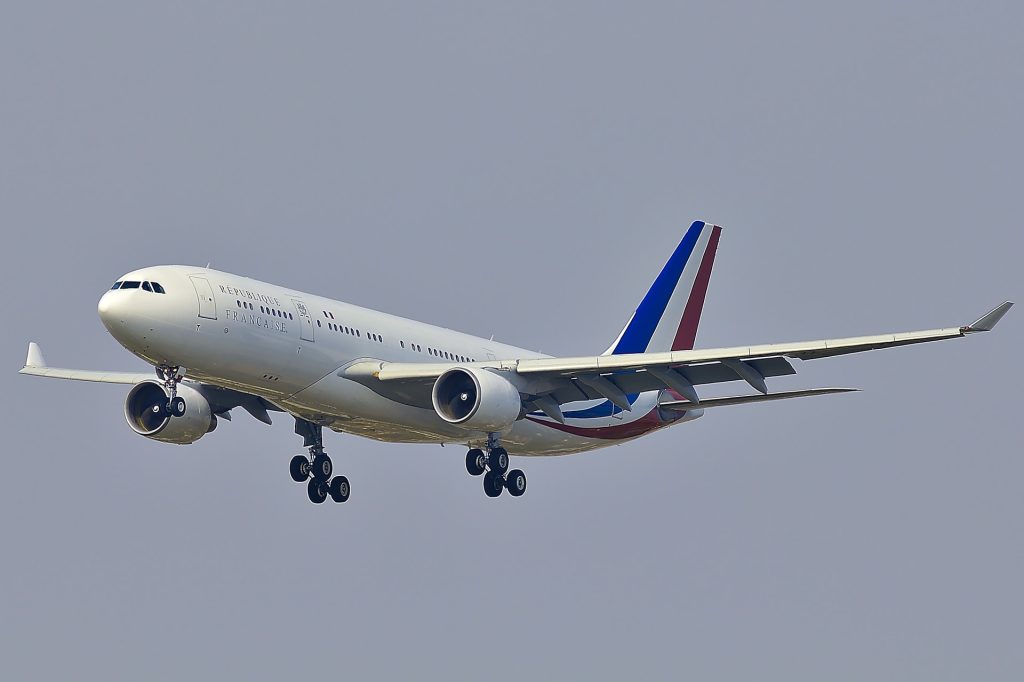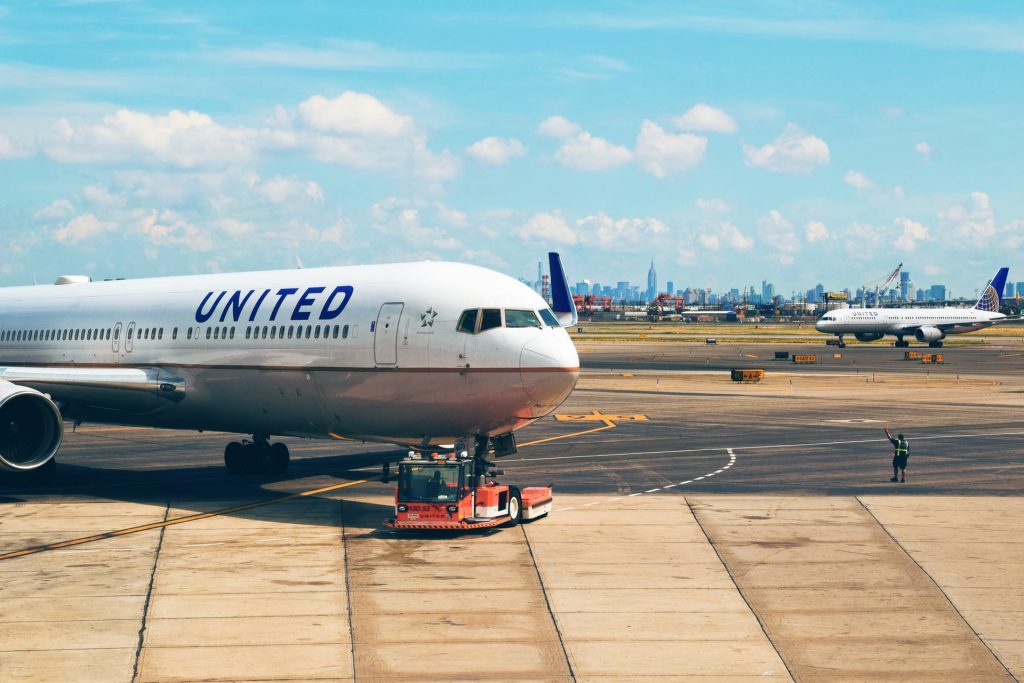People Near Airports Likely to Suffer from Shorter Sleep

A new study published in the journal Environmental Health Perspectives has found that people who were exposed to even moderate levels of aircraft noise were less likely to receive the minimum recommended amount of sleep each night, and this risk increased among people living near a major cargo airport, or near a large water body, and among people with no hearing loss.
A new analysis by Boston University School of Public Health (BUSPH) and Oregon State University has found that exposure to even moderate levels of airplane noise may disrupt sleep, building upon a growing body of research on the adverse health effects of environmental noise.
The study found that people who were exposed to airplane noise at levels as low as 45dB were more likely to sleep less than 7 hours per night. For comparison, the sound of a whisper is 30dB, a library setting is 40dB, and a typical conversation at home is 50dB.
Sleep is essential to overall health and well-being, including daily physical and mental functioning, and a lack of adequate sleep can lead to increased risks of cardiovascular disease, depression, diabetes, cancer, and numerous other health conditions. Health experts state that most adults need seven to nine hours of sleep each night for healthy functioning.
This study is the first large-scale analysis of aircraft noise and sleep duration that accounts for the disruptive effects of multiple environmental exposures in communities, such as greenery and light at night (LAN).
Despite how common exposure to noise from aircraft is for many people, little is known about the health effects of aircraft noise, particularly in the U.S., according to study lead author Matthew Bozigar, assistant professor of epidemiology at OSU, and study senior author Junenette Peters, associate professor of environmental health at BUSPH.
“This study helps us understand the potential health pathways by which aircraft noise may act, such as through disrupted sleep,” Peters says.
For the study, Dr. Peters, Dr. Bozigar and colleagues from BUSPH, Brigham and Women’s Hospital, Harvard Medical School, and Harvard T.H. Chan School of Public Health examined airplane noise exposure and self-reported sleep disturbance among more than 35 000 participants living around 90 of the major US airports. The participants were selected from the Nurses’ Health Study (NHS), an ongoing, prospective study of US female nurses who have completed biennial questionnaires since 1976.
The team examined aircraft noise levels every five years from 1995 to 2015, focusing on two measurements: a nighttime estimate (Lnight) that captures airplane noise occurring when people sleep, and a day-night estimate (DNL) that captures the average noise level over a 24-hour period and applies a 10 dB adjustment for aircraft noise occurring at night, when background noise is low. The DNL is also the primary metric that the FAA uses for aircraft noise policies, and the threshold for significant noise impacts is above DNL 65 dB. The team linked these measures at multiple thresholds with the nurses’ geocoded residential addresses.
After accounting for a range of factors, including demographics, health behaviors, comorbidities, and environmental exposures such as greenery and light at night (LAN), the results showed that the odds of sleeping less than seven hours rose as airplane noise exposure increased.
Short sleep duration was also more likely among nurses who lived on the West Coast, near a major cargo airport or a large body of water, as well as among nurses who reported no hearing loss.
“We found surprisingly strong relationships for particular subgroups that we are still trying to understand,” Bozigar says. “For instance, there was a relatively strong signal between aircraft noise and both dimensions of disrupted sleep, short sleep duration and poor sleep quality, near major cargo airports. There is likely more going on to this story, as cargo operations tend to use larger, older, heavily laden, and therefore noisier aircraft that often fly through the nighttime hours. And the quantity of cargo shipped by air has been steadily increasing over the last couple of decades, possibly linked to more e-commerce. If the trends continue, it could mean more aircraft noise impacts to more groups of people.”
While the results suggested a clear link between airplane noise and sleep duration, the researchers observed no consistent association between aircraft noise and quality of sleep.



